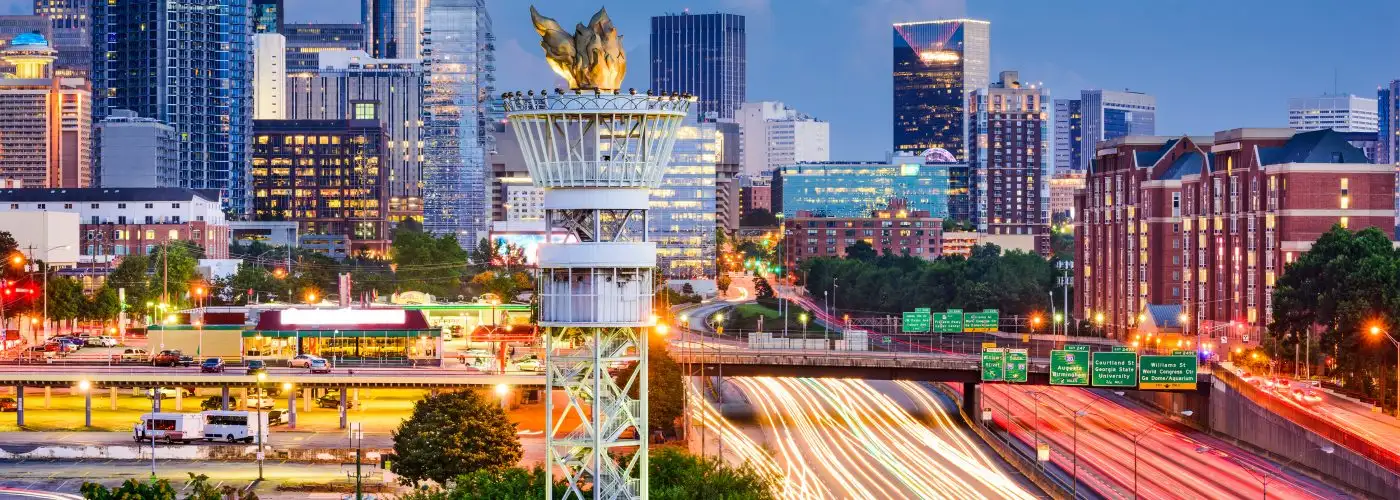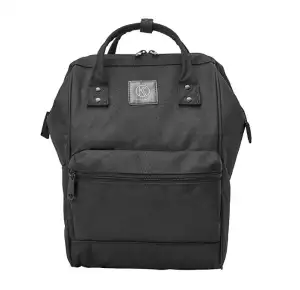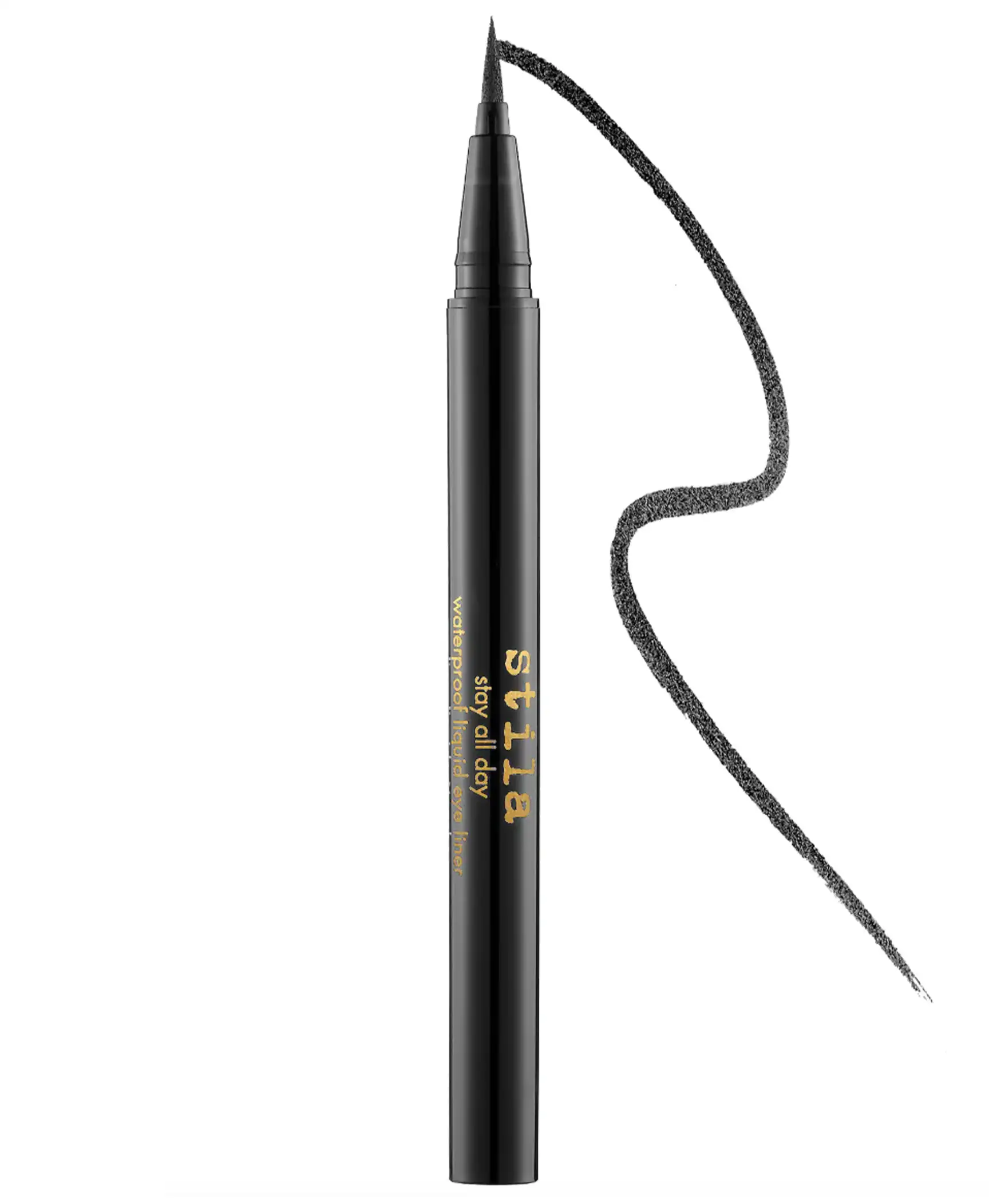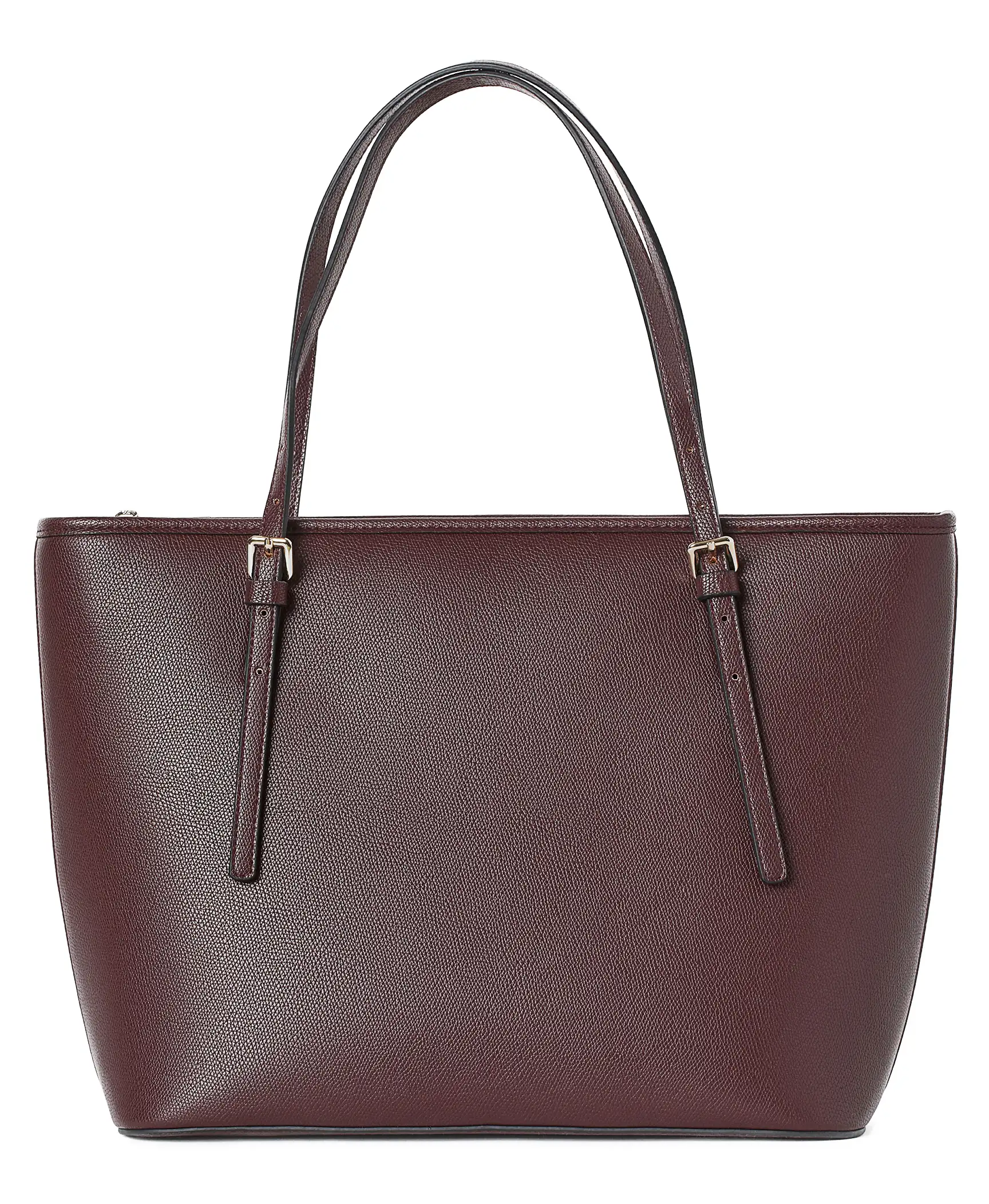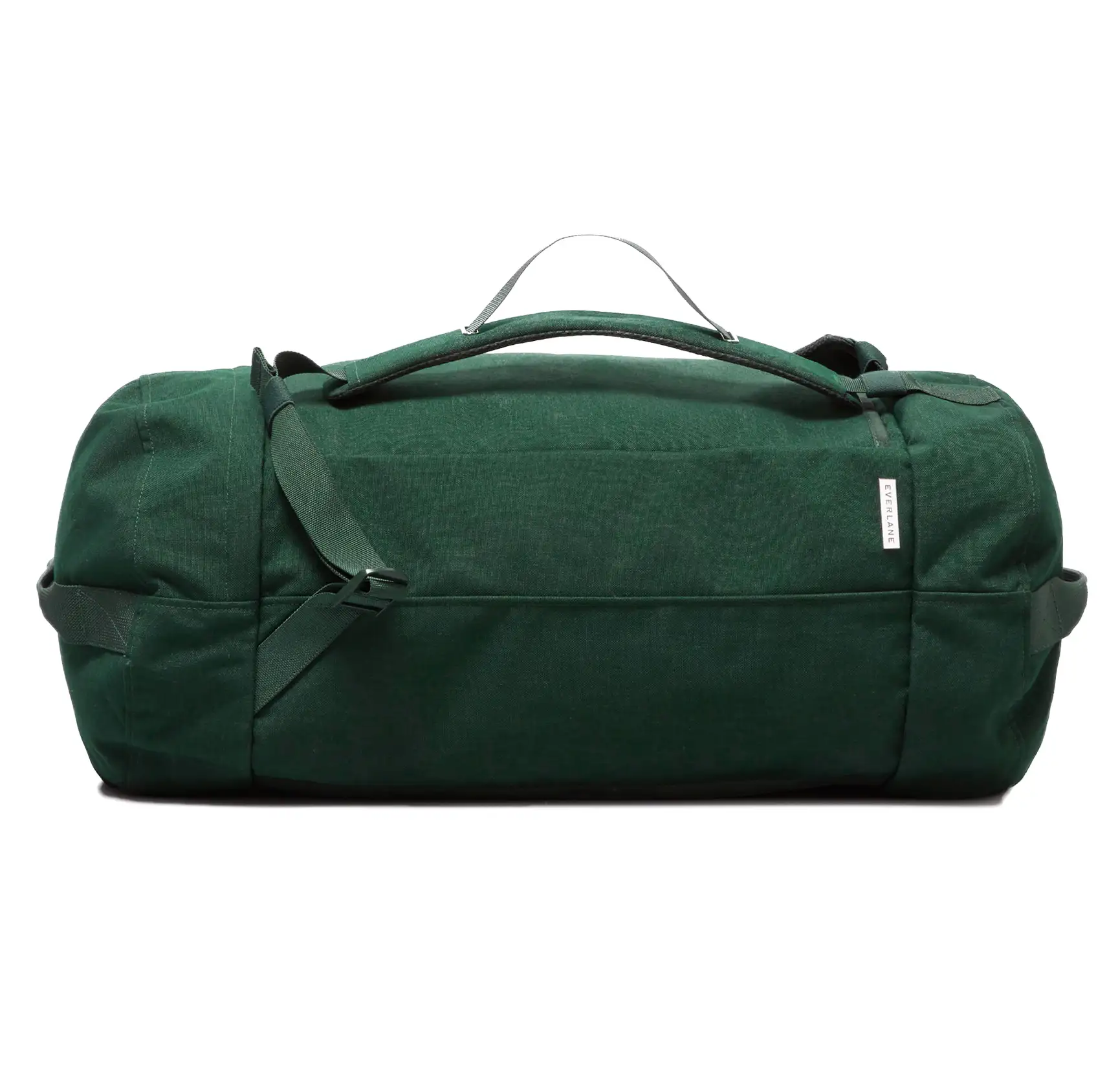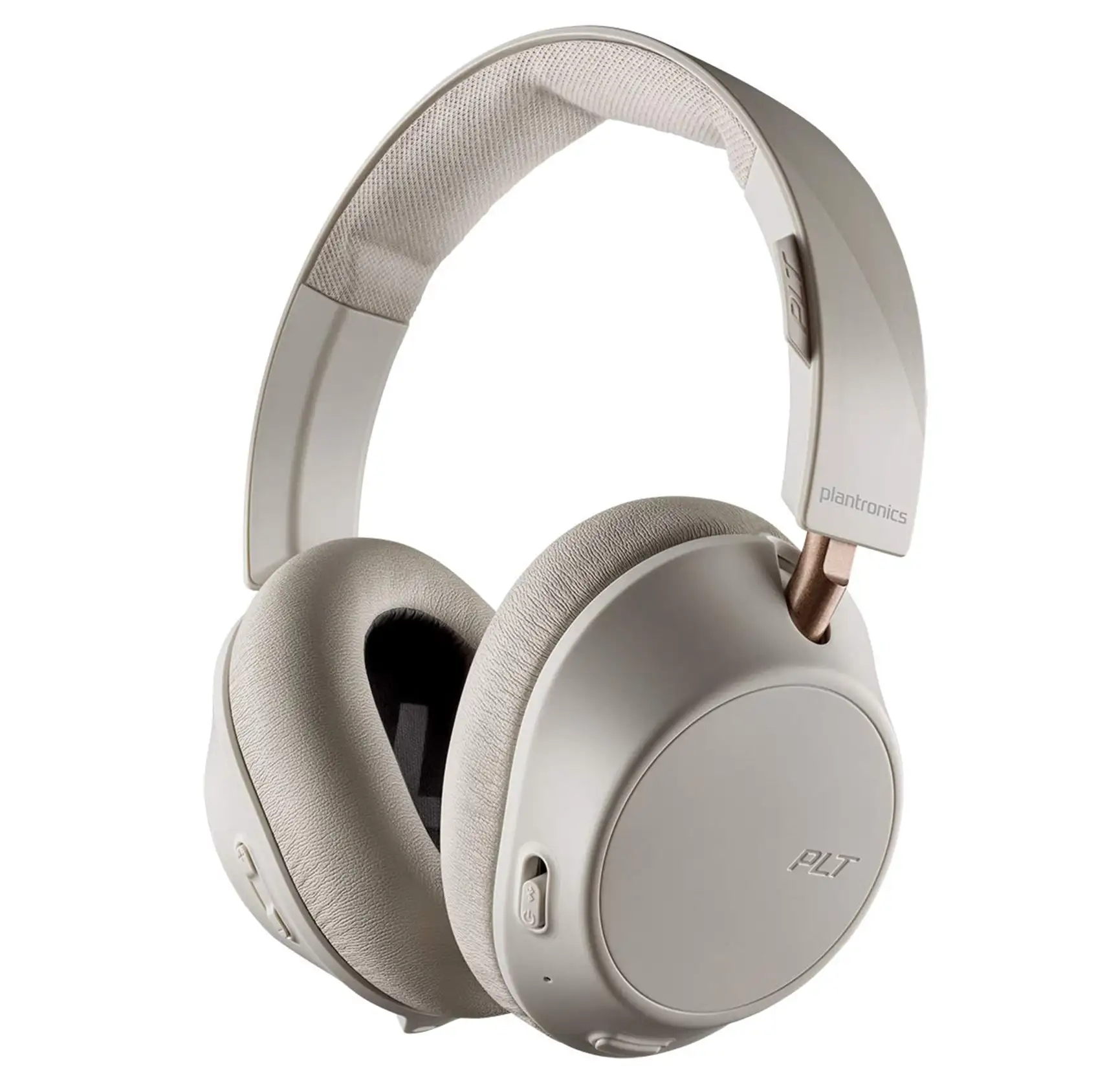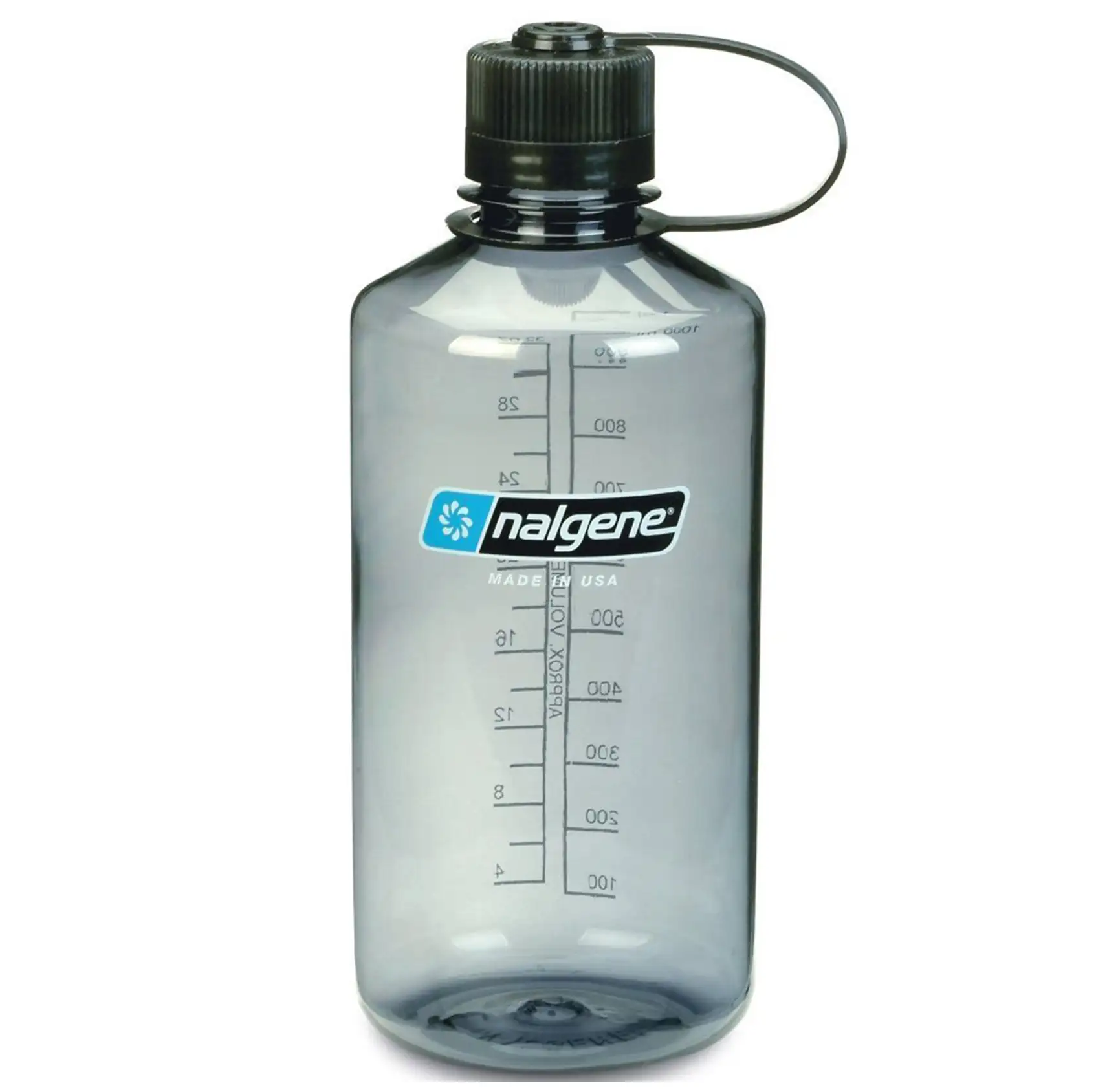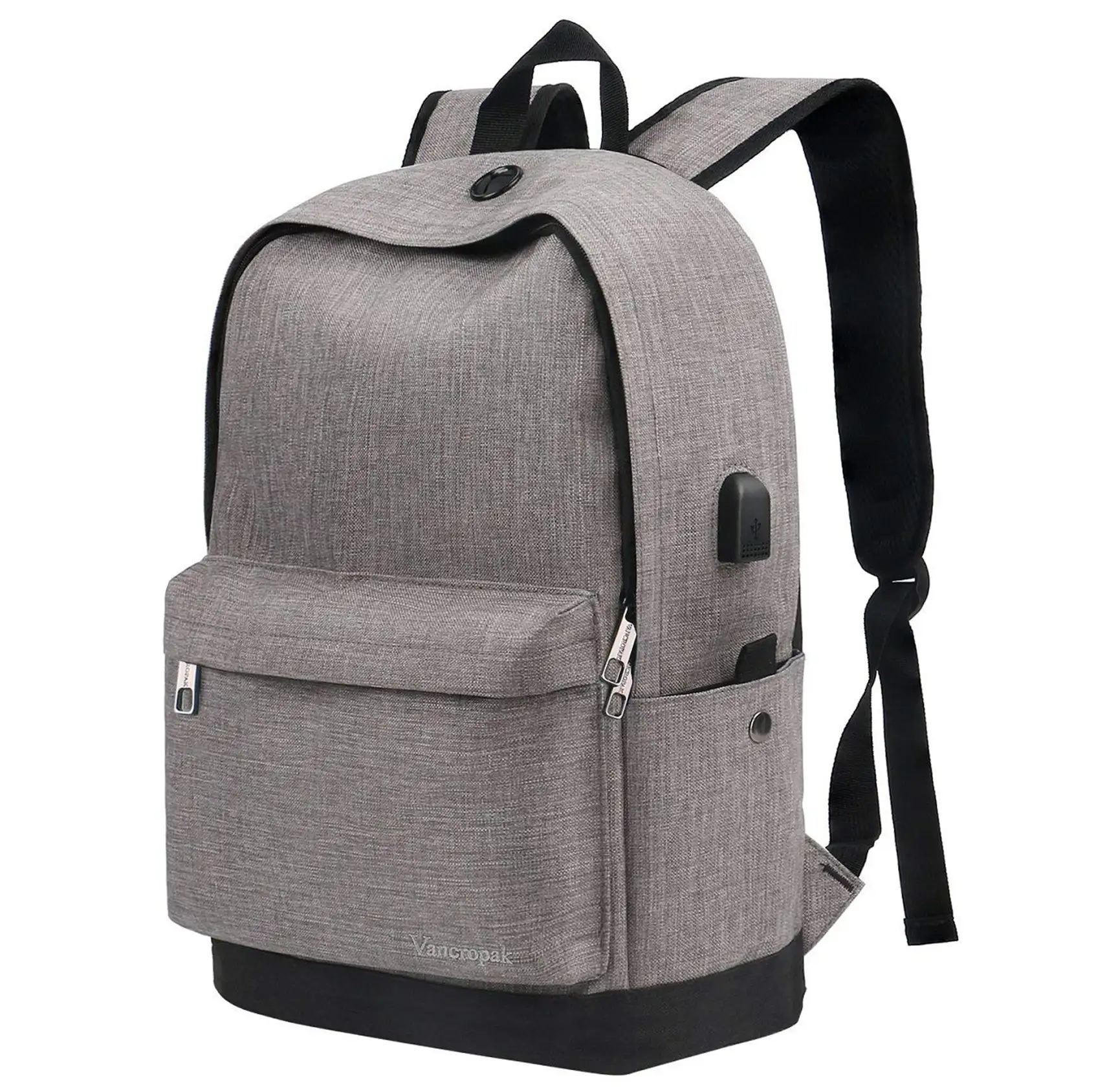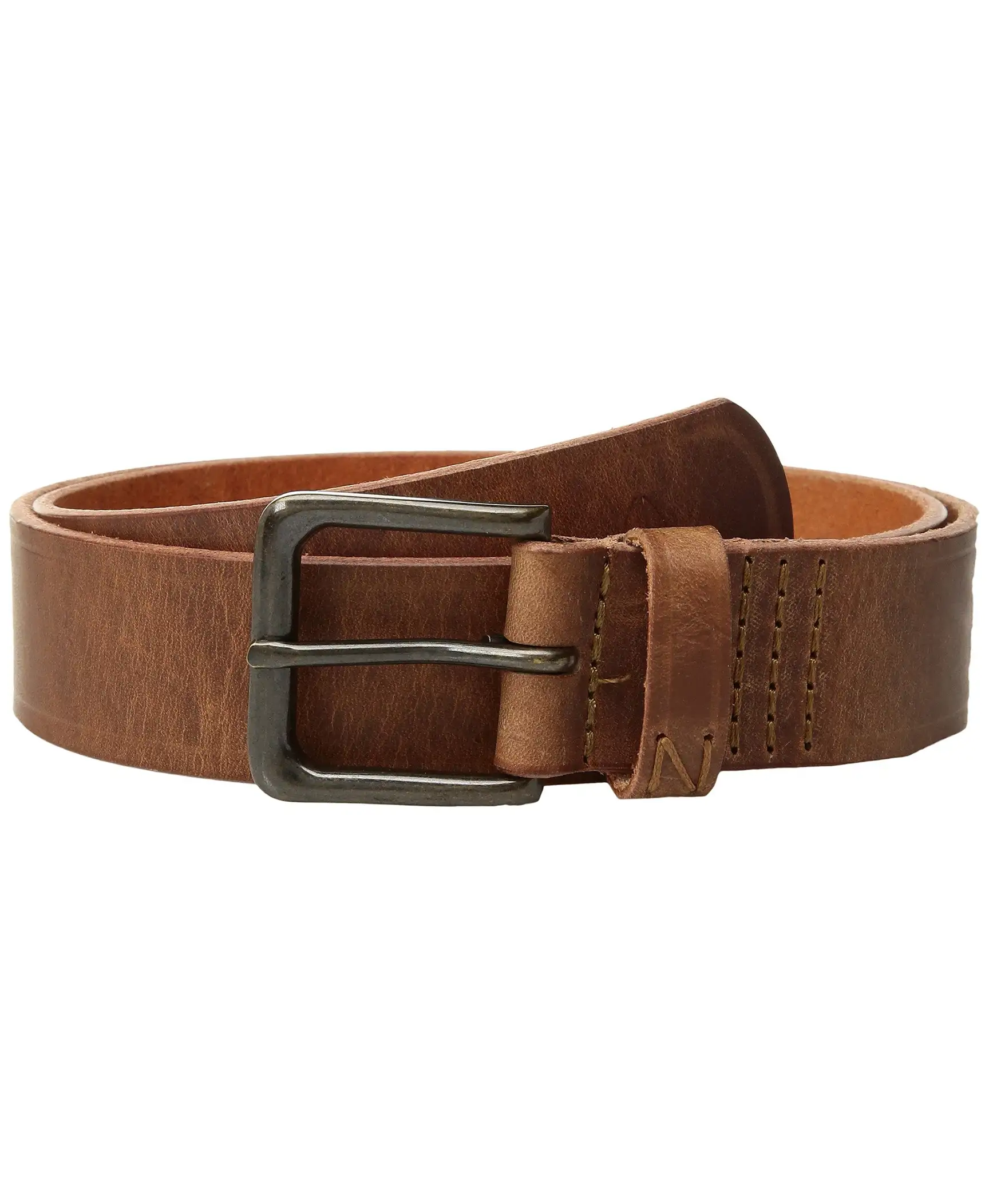Atlanta is a fantastic place to visit, full of culture, history, and opportunities for fun. However, the question of whether Atlanta is safe for travelers depends on where you decide to go within the city limits. There are certainly neighborhoods to avoid in Atlanta, as well as some areas that are almost entirely safe.
Unlike New Orleans, Detroit, Baltimore, and St. Louis, Atlanta is not among the world’s top 50 most violent cities. However, statistics show Atlanta to be the eighth most homicide-prone city in the U.S., in part because of its position as a drug transit point.
Atlanta gangs are fairly active in certain neighborhoods—in fact, in metro Atlanta, up to 80 percent of violent and property crimes are gang-related. In terms of offenses reported to law enforcement, from January 2016 to June 2017, Atlanta’s total number of violent and property crimes was more than Miami‘s, about the same as that of New Orleans, and far fewer than those of larger cities such as Chicago, Los Angeles, and Washington, D.C.
The city sees relatively few natural disasters, but the risk of tornadoes in Atlanta is much higher than the national average, as is the risk of extreme hail.
Despite the famous 1996 bombing of the Atlanta Olympics, terrorist incidents here are rare, and authorities actively work to keep it that way. In 2017, Atlanta received more than $8 million to improve its terrorism preparedness, an increase of 55 percent over 2016.
Tips for Staying Safe in Atlanta
- Know which neighborhoods to avoid—especially those southwest of the I-20 and I-85 interchange—as well as which areas are safe, including Midtown, most of the suburbs, and Atlanta’s east side.
- If you’re driving in Atlanta, park in as safe a place as possible, and never leave valuables within view. If you’re using a hired-car app like Uber or Lyft, share your route with a friend or loved one.
- Be careful not to divulge personal information when you log onto airport Wi-Fi networks, since scammers and hackers may be able to nab your data.
Top Travel Safety Products for Atlanta
Safe Neighborhoods and Areas to Avoid in Atlanta
According to a 2018 analysis of Trulia’s crime map, the key areas to avoid in Atlanta are southwest of the I-20 and I-85 interchange, but keep in mind that there is crime scattered throughout other parts of the city as well.
The most dangerous parts of Atlanta include U-Rescue Villa, Old Fourth Ward, Kirkwood (which is known for gangs), Castleberry Hill, Washington Park, Edgewood, Peoplestown, Vine City, and East Atlanta Village. On the periphery of town, neighborhoods to avoid include Smyrna, Duluth, Dunwoody, Perimeter Center, and Norcross.
Downtown Atlanta has some popular visitor attractions such as the World of Coca-Cola and the Georgia Aquarium, but it can feel quiet and deserted at night.
If you’re looking to stay in the safest neighborhoods in Atlanta, stick in and north of Midtown, into the suburbs, and on the east side of the city, rather than the west. Much of Buckhead is safe, except for the Lindbergh neighborhood. Other safe areas in Atlanta include Chastain Park, Poncey-Highland, Brookhaven, Vinings, Druid Hills, Decatur, Underwood Hills, Morningside, Candler Park, Inman Park, Cabbagetown, Grant Park, and Knight Park. Safe suburbs in Atlanta include Sandy Springs, Roswell, John’s Creek, and Alpharetta.
How to Get Around Safely in Atlanta
The most common crimes in Atlanta are car-related. According to the FBI, 2017 saw 1,490 vehicle thefts in Atlanta, and vehicular larceny—a.k.a. car break-ins—is by far the most frequent crime in Midtown. If you rent a car or drive your own into Atlanta, make sure to park it somewhere safe and well-lit. Make sure, too, to hide any items that might invite smash-and-grab thieves.
If you choose to use public transit instead of driving, stay alert and vigilant on MARTA, especially after dark. And be wary of hired-car services, too, since a prominent incident in 2017 involved an Uber driver picking women up from a Buckhead bar, then sexually assaulting them.
Before entering any hired car, always check to make sure that the driver and car match what comes up on your phone app. Don’t sit in the front seat, and use the app’s feature to share your location with someone who cares about you, so that they can make sure that your ride ends up where it’s supposed to. Another option is to snap a picture of the car’s driver and license plate and send those to family or friends. For more ideas, see 10 Important Rideshare Safety Tips for Travelers.
If you’re walking, go in pairs or groups, especially at night, and keep your wits about you. Stick to well-lit streets, preferably those with other people around. In 2018, pickpocketing became a more prominent crime in Atlanta, with criminals known for hitting grocery and big-box stores in particular.
Women’s cell phones are key targets for Atlanta’s pilferers, so keep your phone hidden whenever possible, and your purse zipped tight and close to your body. Men should keep wallets in their front pocket, if possible, since that’s a tougher spot for pickpockets to access. Better yet, wear an anti-theft waist pack under your clothes and stash your sensitive items there.
Common Scams Targeting Travelers to Atlanta
When traveling to Atlanta by plane, be cautious about divulging your personal information when using the airport’s free Wi-Fi, since hackers have been known to set up hot spots with innocuous-sounding names like “Free Airport Wi-Fi.” Then they wait until people log on and provide information like credit card numbers and sensitive passwords. (It’s worth noting that this scam doesn’t just happen in Atlanta—it’s been caught in New York and Los Angeles, too.)
Another scam that has snagged some Atlanta tourists is one in which con men pose as parking lot attendees, fraudulently take drivers’ money to park, then clamp a boot onto those cars once the owners leave, demanding cash to remove the boot when they return. To avoid becoming a victim of this type of extortion, always look to see whether there are signs posted in a parking lot instructing drivers to pay at the kiosk. If anyone is purposely blocking the kiosk, head to another parking lot.
What to Bring on Your Atlanta Trip
More from SmarterTravel:
- 10 Best Hotels in Atlanta
- 10 Best Cheap Hotels in Atlanta
- 10 Best Atlanta Airport Hotels
- 10 Fun Things to Do in Atlanta
- 10 Must-See Atlanta Attractions
- Atlanta with Kids: 13 Fun Family-Friendly Activities
- The 10 Best Cheap Eats in Atlanta
- 10 Best Restaurants in Atlanta
- 10 Great Spots to Try Southern Food in Atlanta
- What to Wear in Atlanta
- What to Pack for Atlanta
—original reporting by Avital Andrews
We hand-pick everything we recommend and select items through testing and reviews. Some products are sent to us free of charge with no incentive to offer a favorable review. We offer our unbiased opinions and do not accept compensation to review products. All items are in stock and prices are accurate at the time of publication. If you buy something through our links, we may earn a commission.
Related
Top Fares From
Today's Top Travel Deals
Brought to you by ShermansTravel
Porto to Lisbon: 7-Nt, Small-Group Portugal...
Indus Travels
 vacation
$1899+
vacation
$1899+
Greenland: Luxe, All-Incl. 11-Nt Exploration Small-Ship...
Swan Hellenic



Ohio: Daily Car Rentals from Cincinnati
85OFF.com


